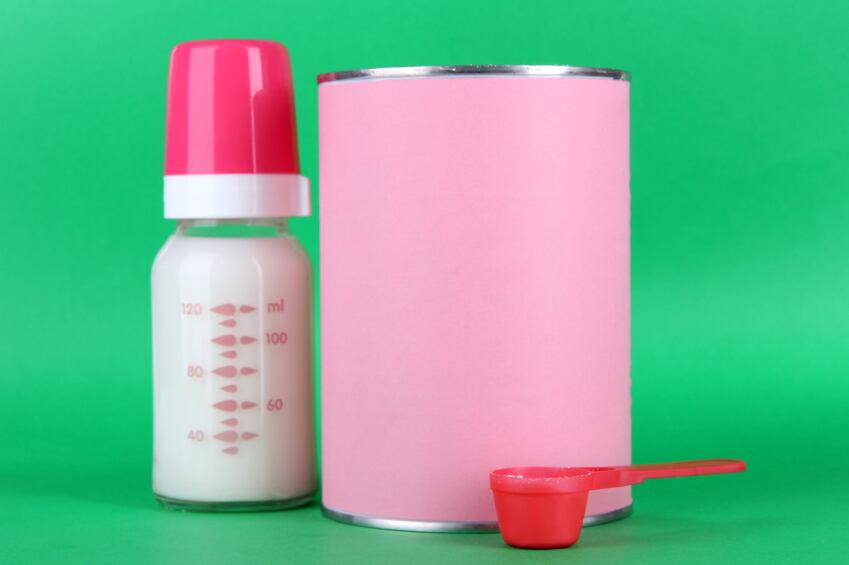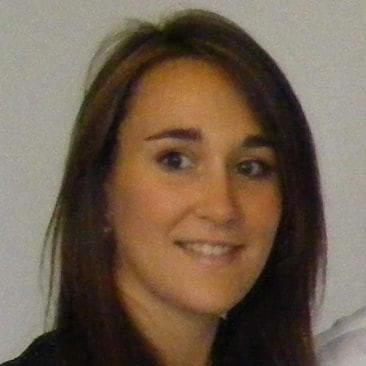It is internationally accepted that nutrition in early infancy and childhood is crucial in ensuring a child’s healthy development and that early life nutrition impacts health later in life.
Breastmilk is without a doubt the best source of nutrition for babies, but in some cases mothers are unable to, or choose not to breastfeed. In these cases, infant formula is recognised by the World Health Organization (WHO) as the only safe alternative to breast milk. Follow-on formula is used as part of a mixed weaning diet for older infants over six months of age, and its nutritional composition is adapted accordingly.
Under no circumstances can these foods be compared to tobacco products, as was suggested by The Lancet on 21 May 2016. Such a statement is both misleading and irresponsible, as infant formula is one of the most highly regulated products in the world and is specifically designed to provide essential nutrition to support life.
Strict EU regulation

In contrast to the suggestion by The Lancet, both infant formulae and follow-on formulae are strictly regulated at European level and subject to specific requirements in consideration of the vulnerable consumers they are intended to, and their developmental phases.
Referring particularly to advertising, it is worth noting that the current EU rules prohibit the advertising of infant formulae directed to consumers, while the advertising of follow-on formulae – used as part of a mixed weaning diet – is only allowed under strict rules. These restrictions are in conformity with the WHO International Code of Marketing of Breast milk Substitutes. For instance, terms such as “humanised”, “maternalised” and “adapted” – or similar to them – cannot be used for the labelling, presentation and advertising of infant and follow-on formula.
With the implementation of the Regulation (EU) 609/2013 on Foods for Specific Groups, the EU strengthened the provisions applicable to infant and follow-on formula. In February 2016, the EU adopted a Regulation on infant and follow-on formula setting rules to provide a clear distinction between infant formula (0-6 months) and follow-on formula (6-12 months).
Clear and necessary information for mothers and caregivers
These new European rules are designed to provide mothers and caregivers with clear and factual information about these specifically designed and formulated foods for infants and young children. Access to nutrition information is critical because well-informed parents make informed decisions on the nutrition of their babies. Every parent wants, needs, and has the right to be informed about all infant and young children feeding options and to be supported in their decisions regardless of the feeding option they use.

In addition, access to information also ensures that parents who choose to use formulae will prepare and use them safely and appropriately. To that end, the EU rules include mandatory instructions for appropriate preparation, storage, and disposal of the food and warnings of the health hazards of inappropriate preparation and storage.
This is why it is absolutely essential that information on infant and follow-on formulae can be provided to mothers and caregivers, when this information is fully substantiated by scientific research and does not undermine breastfeeding.
